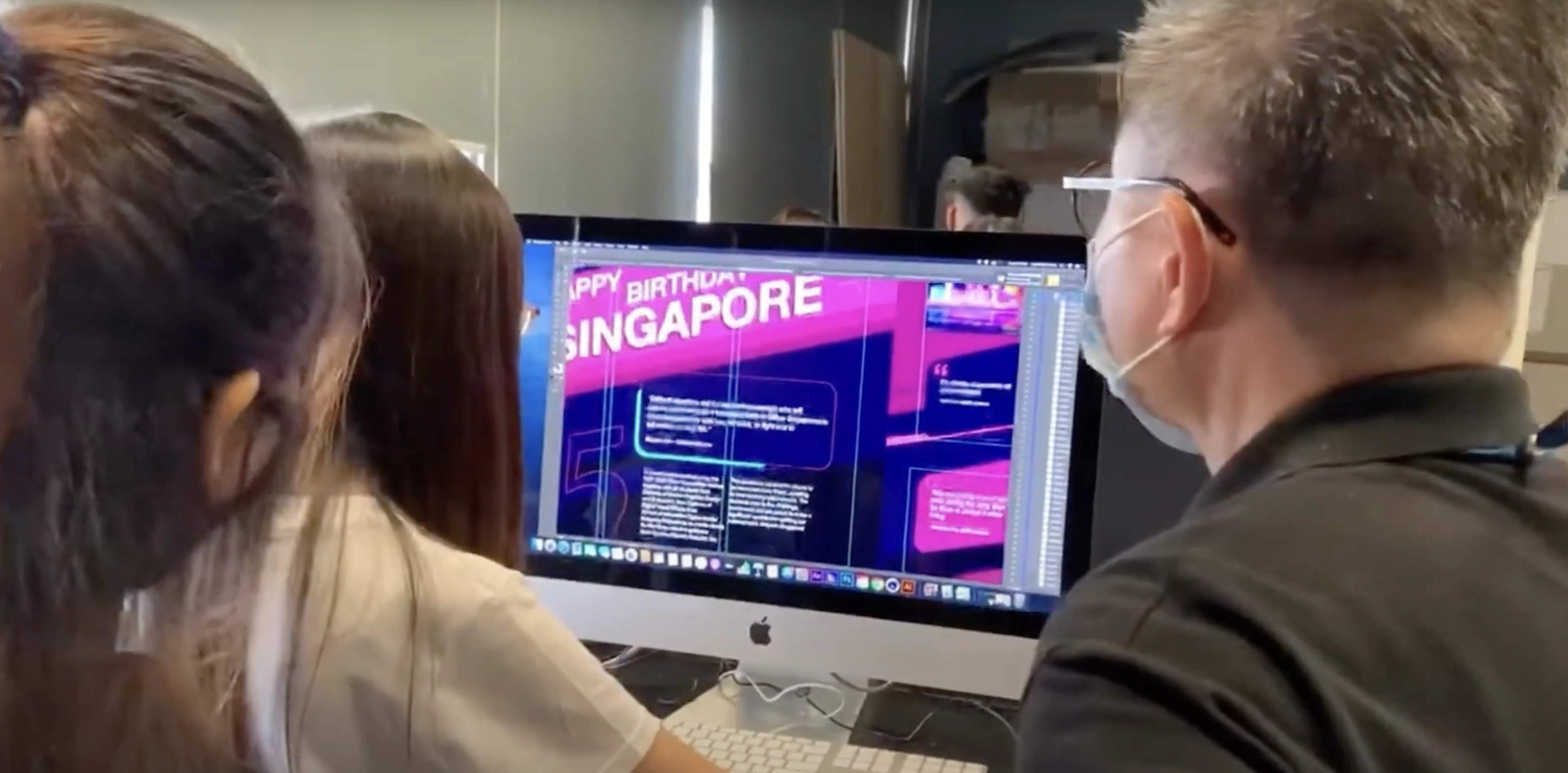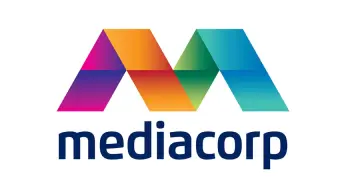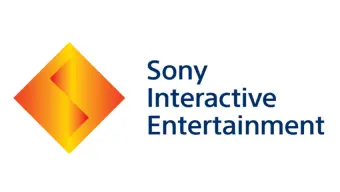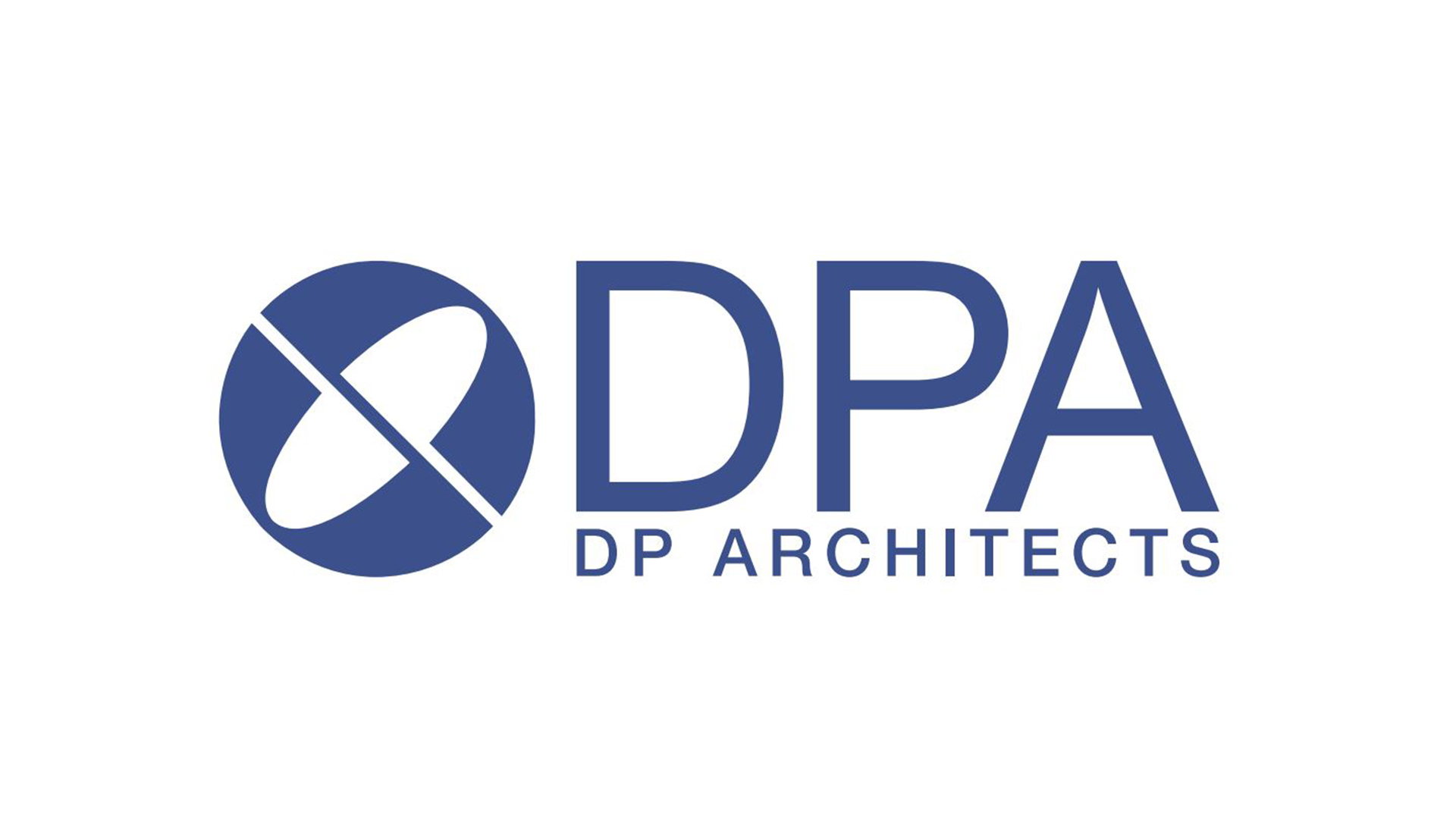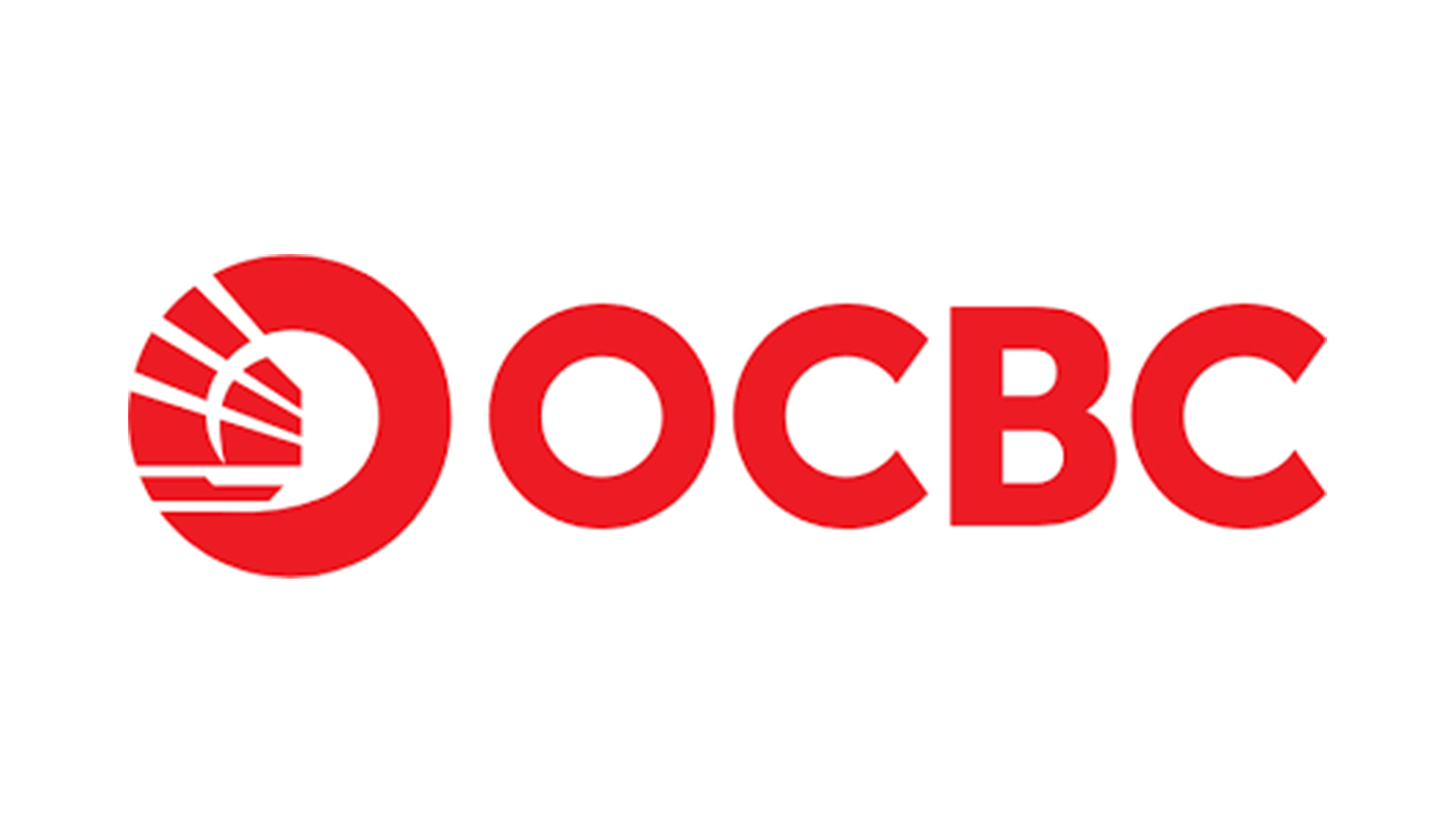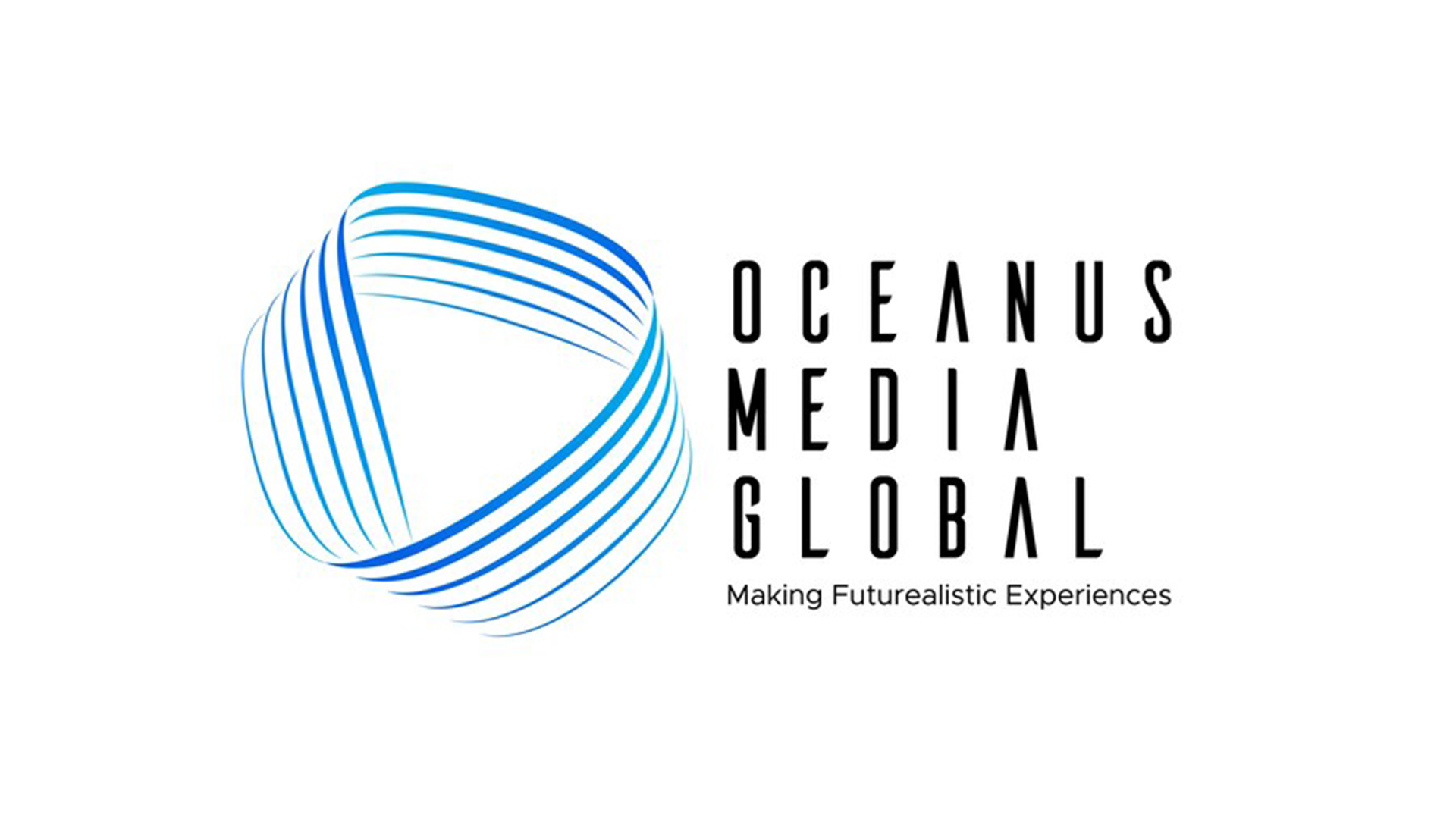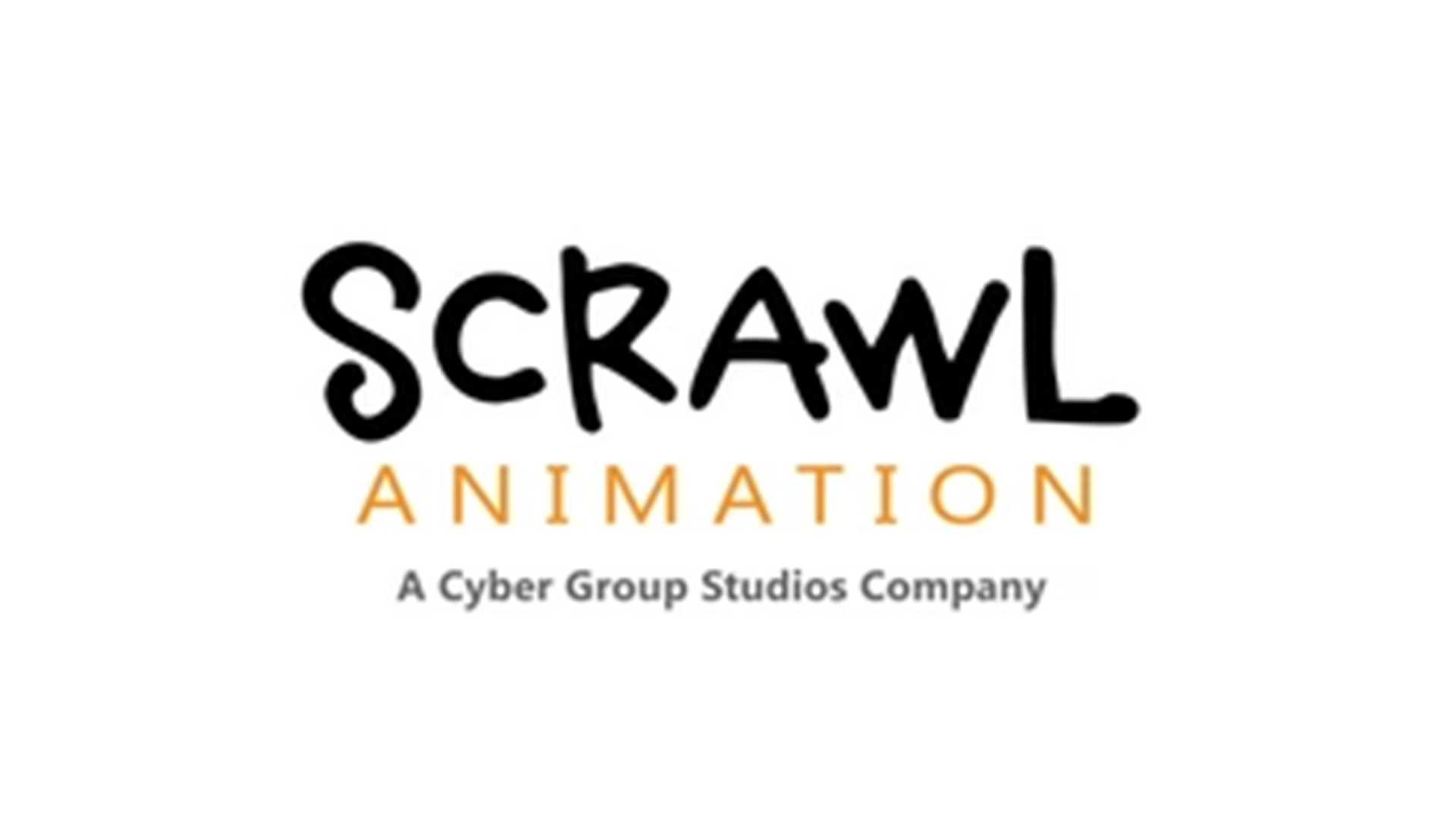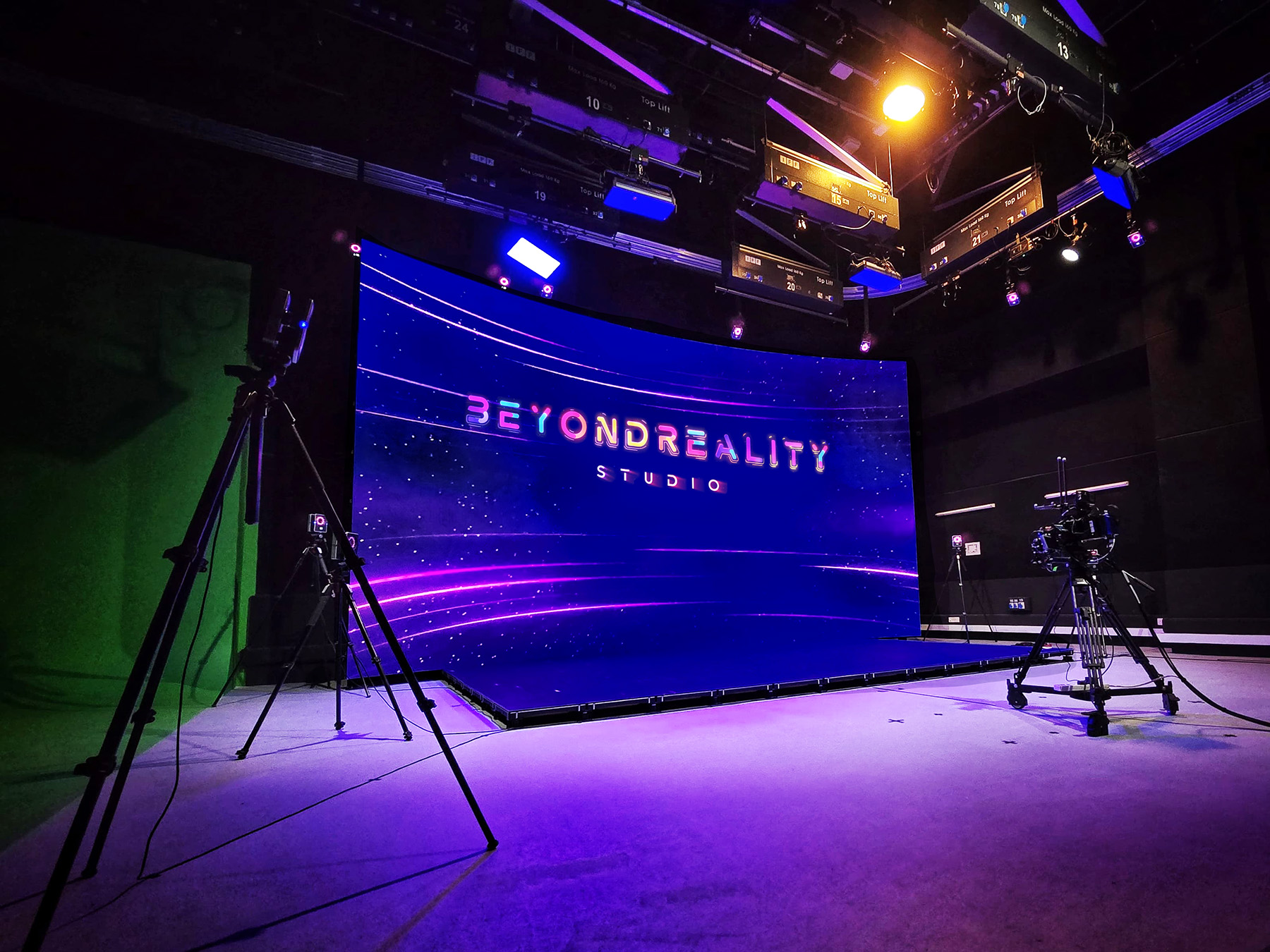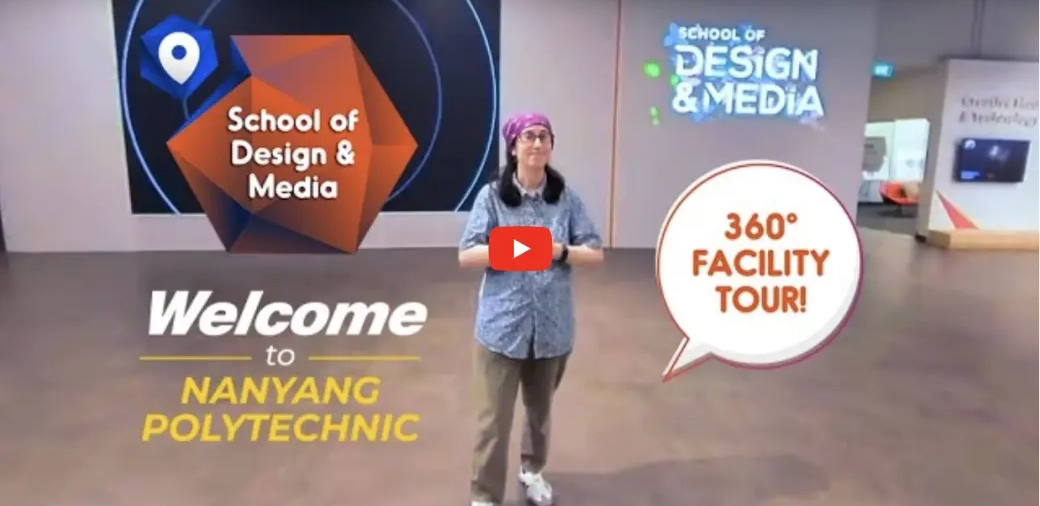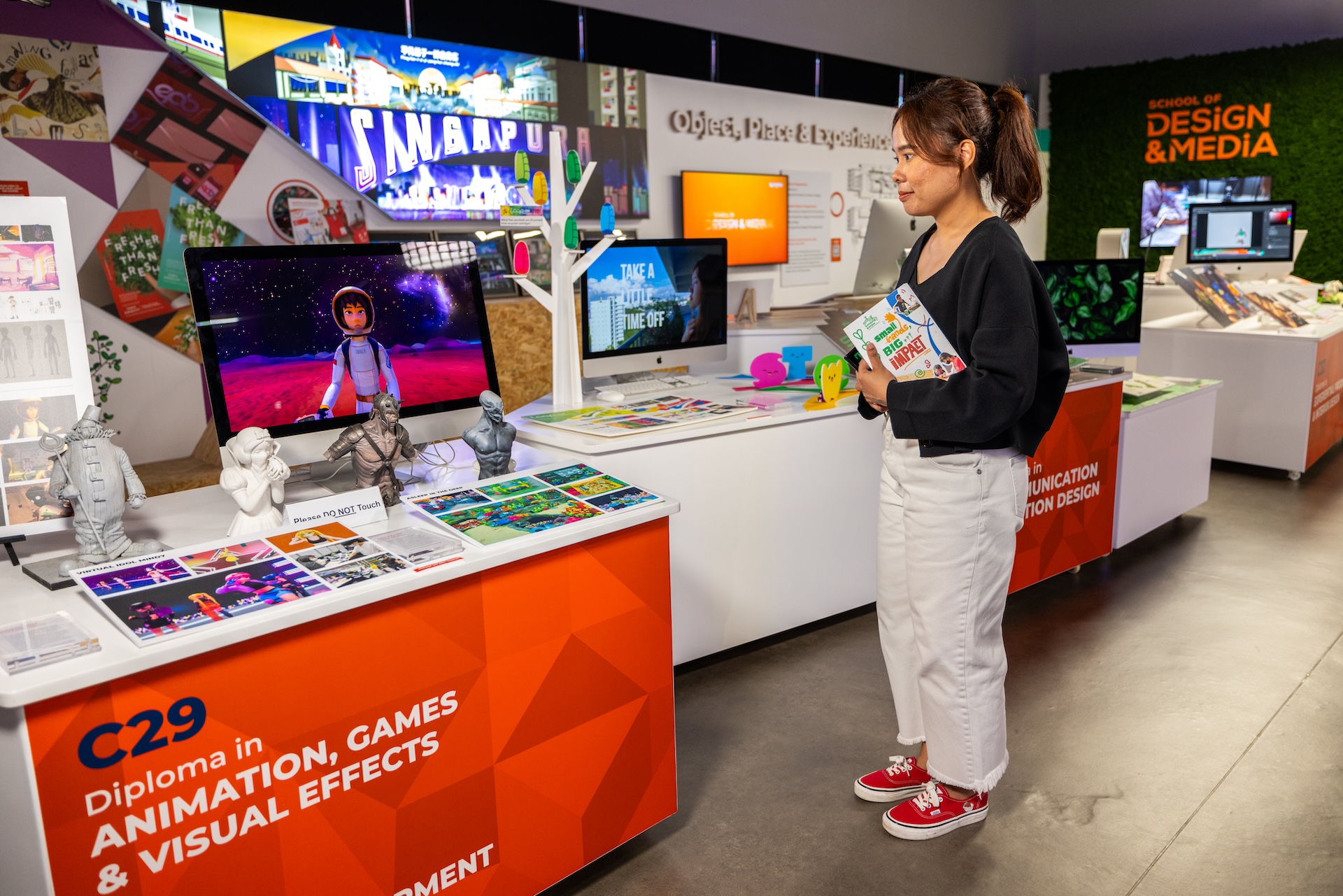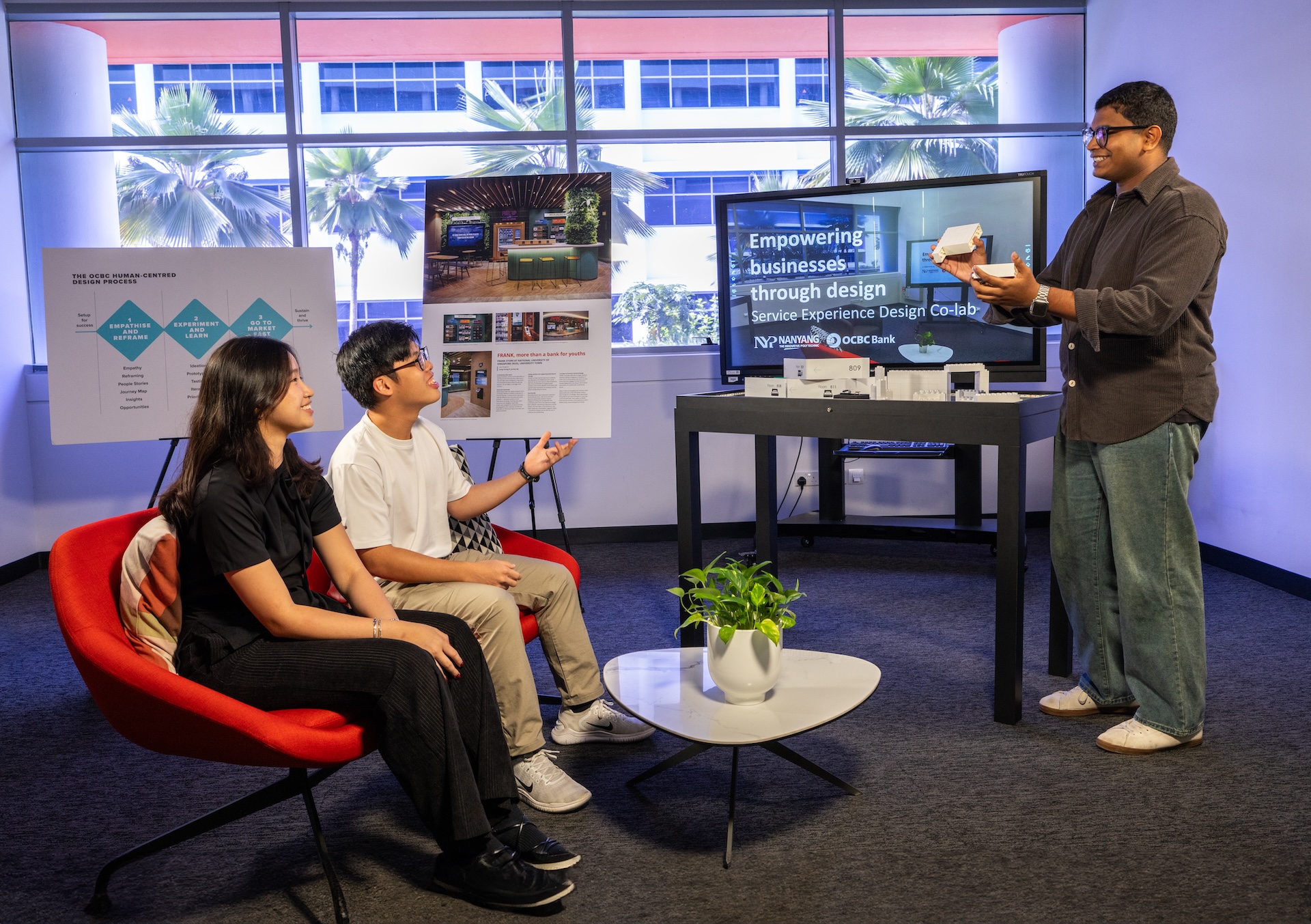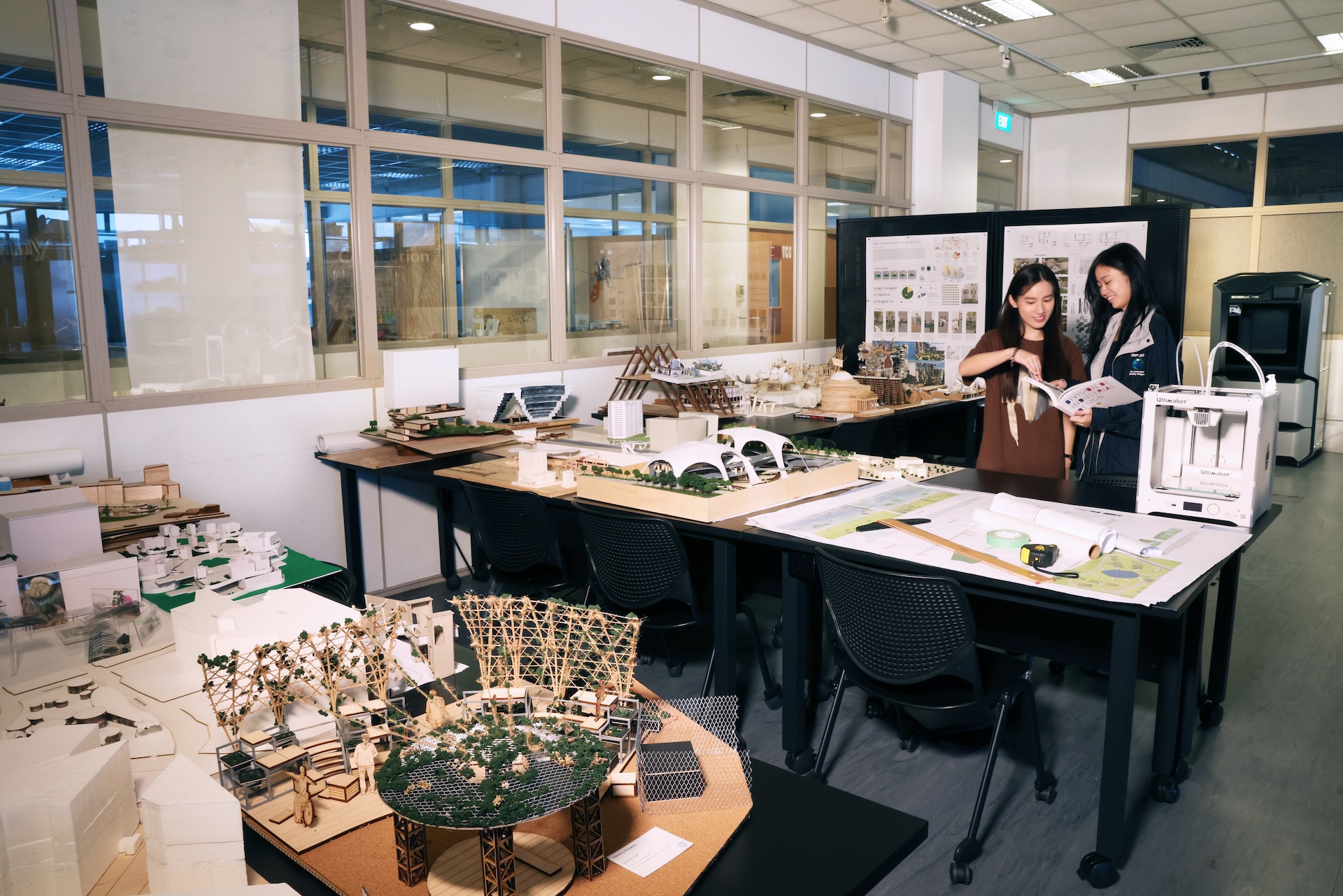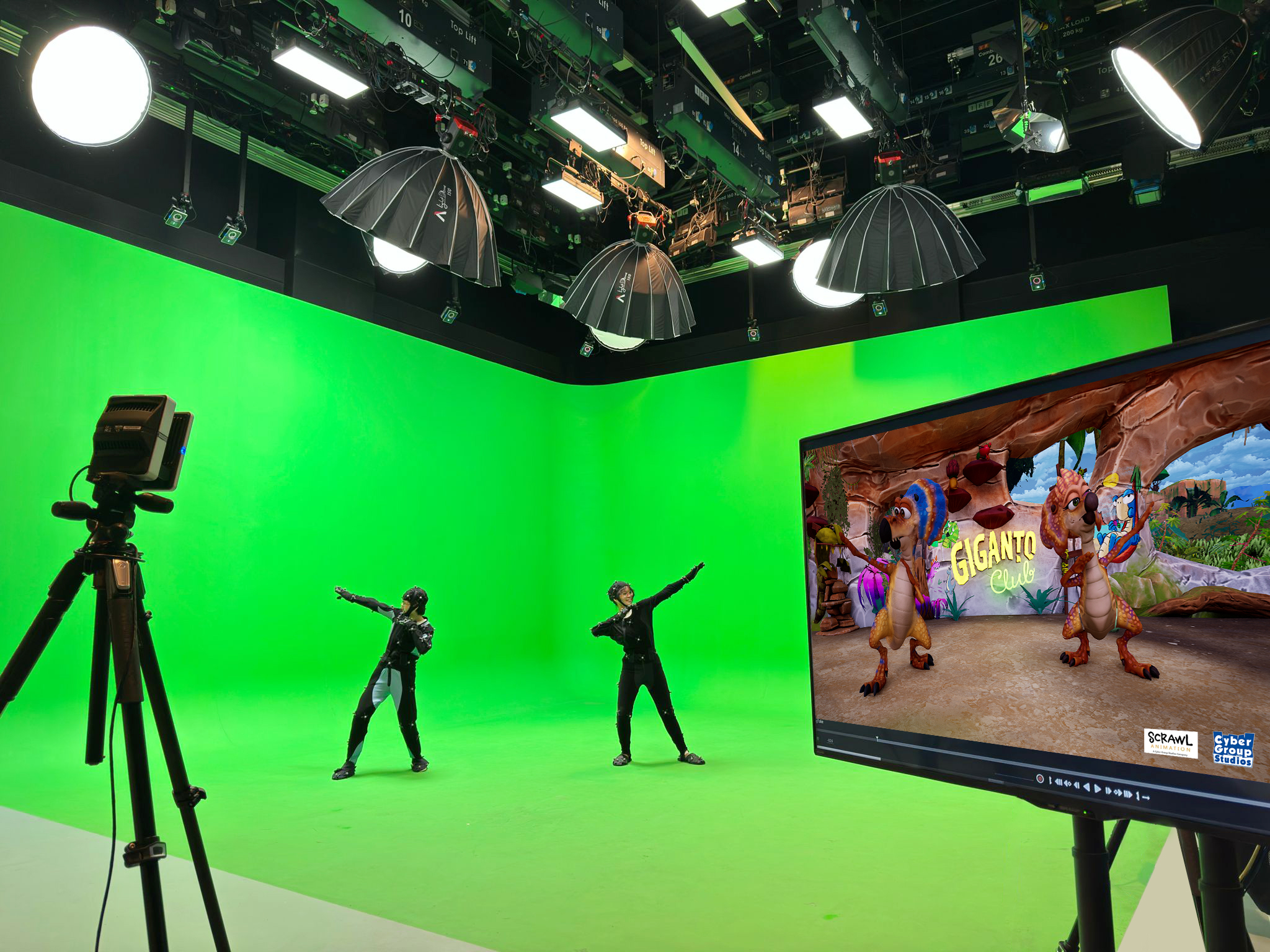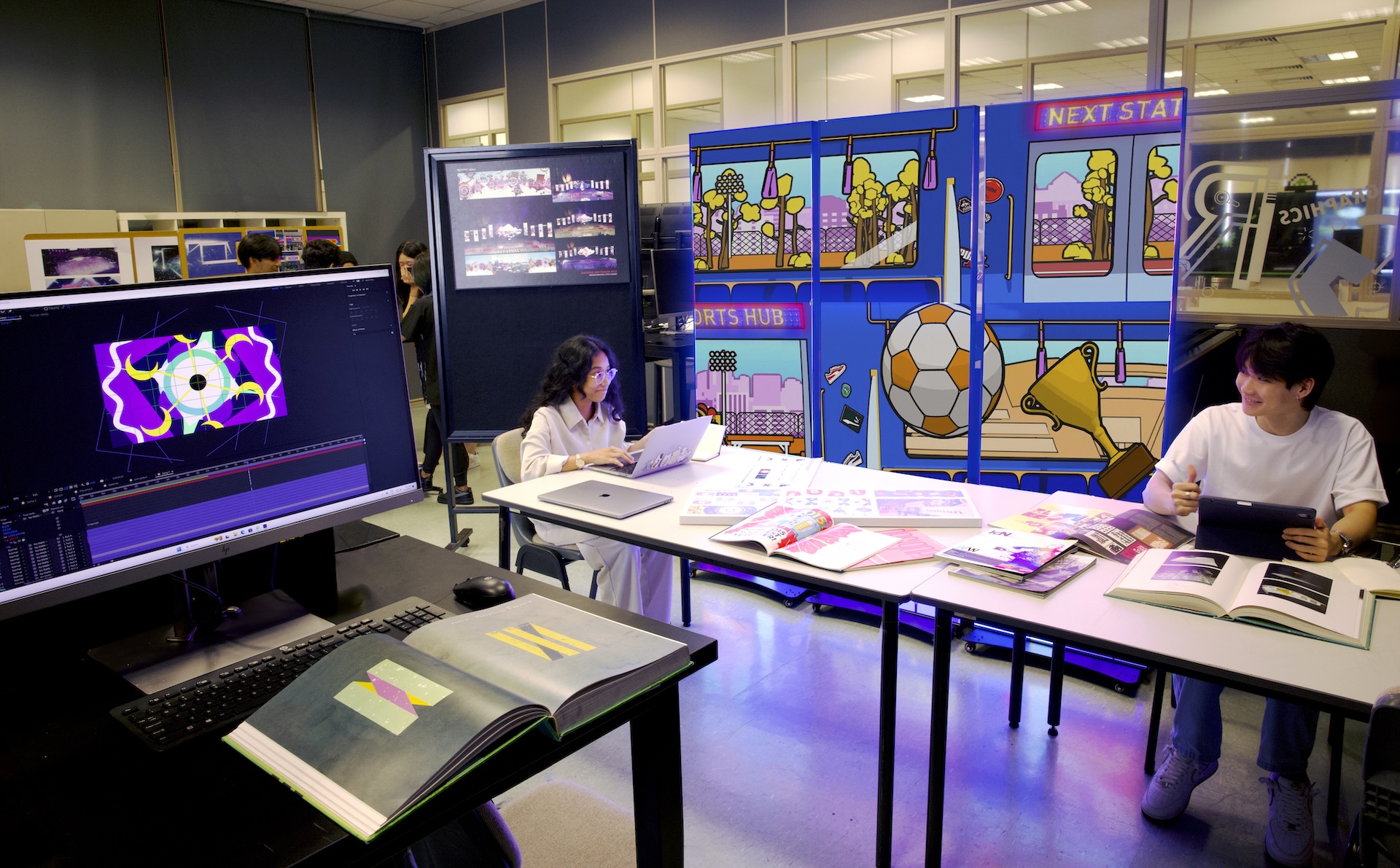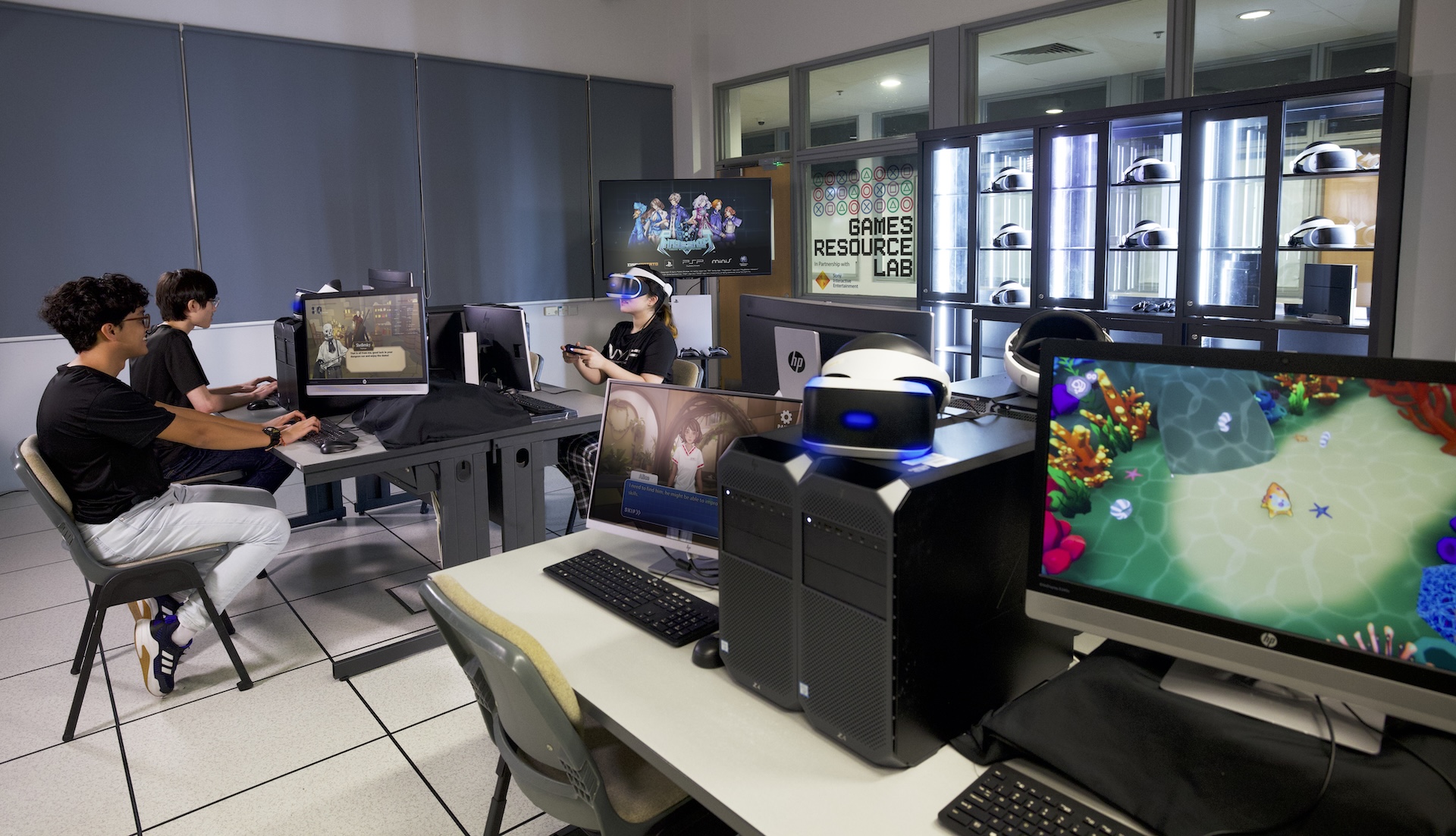Imagine. Innovate. Animate.


Learn from award-winning designers, artists and animators
Break new ground
Lay a solid foundation in media and design, and turn your creative visions into unique products through the use of AI.
Keep it real
Sharpen your creative edge and bridge the theory-practice gap through industry placements, overseas attachments, and collaborative projects with industry veterans.
Design for impact
Shine on the global stage through international art, design and media competitions. Channel your design skills for social good.
Thrive both professionally and personally
There's always something exciting going on at NYP SDM!
Follow us on Linktree
Unlock a wealth of information on the School of Design & Media when you join our community.
Find out moreChart your course to success

Animation, Games & Visual Effects (C29)
ELR2B2-D (2025 JAE): 3 - 12 pointsELMAB3 (2025 PFP): 3 - 9 points

Architecture (C38)
ELR2B2-C (2025 JAE): 8 - 14 pointsELMAB3 (2025 PFP): 6 - 9 points
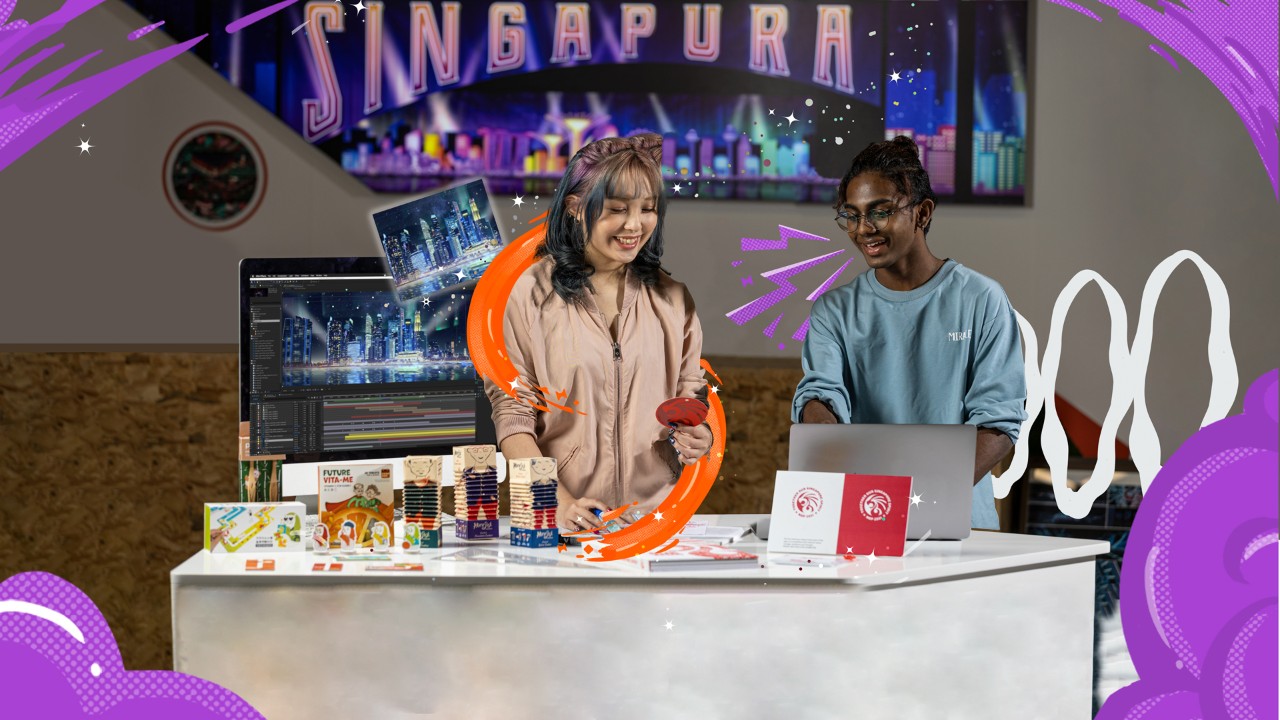
Communication & Motion Design (C30)
ELR2B2-D (2025 JAE): 6 - 15 pointsELMAB3 (2025 PFP): 4 - 9 points

Experiential Product & Interior Design (C32)
ELR2B2-D (2025 JAE): 10 - 17 pointsELMAB3 (2025 PFP): 6 - 9 points

Game Development & Technology (C70)
ELR2B2-C (2025 JAE): 6 - 14 pointsELMAB3 (2025 PFP): 6 - 9 points

Common Design & Media Programme (C28)
ELR2B2-D (2025 JAE): 9 - 16 pointsELMAB3 (2025 PFP): 4 - 10 points
Immersive learning that
taps the power of industry
Glimpse at what we've done

Designing Futures with Heart: Ng Wen Lei Named President's Award for Teachers Finalist 2025
From NYP student to educator, with stints in New York's creative technology scene and founding Singapore's first digital interactive arts festival, Ms Ng Wen Lei is building creative confidence in the next generation of designers.
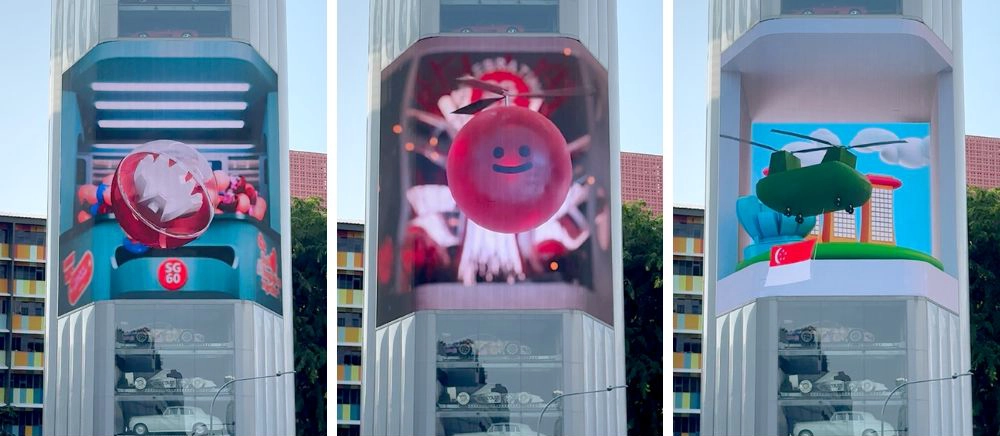
NYP's Fresh Take on National Day Celebrations 2025
We're especially excited to extend our creative works into new and innovative territories.
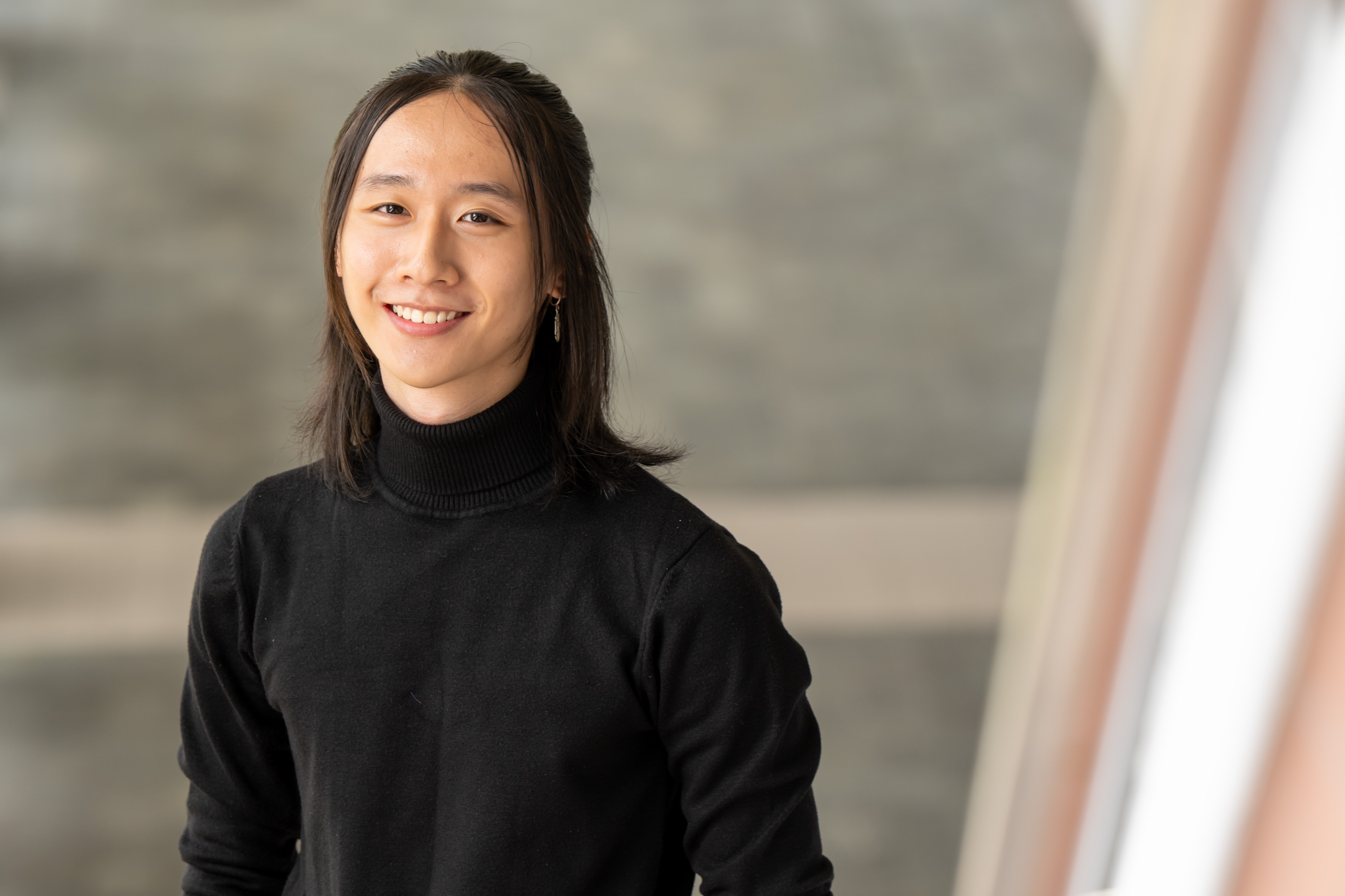
Kiat Wai's Creative Leap into Experiential Design
Kang Kiat Wai (Class of 2024) received the prestigious Lee Hsien Loong Award for Outstanding Achievement in Design & Media. The top graduate shares his inspiring journey and memorable experiences at NYP.
We are a trusted school for cutting-edge design software tools. You'll be in good hands.

Unreal Authorised Training Centre (UATC) and Unreal Academic Partner (UAP)
Get your Unreal Certification and level up in real-time skills.

Autodesk Learning Partner and Training Centre (ATC)
Earn your certifications in Autodesk products and solutions.

Houdini Certified School
Get skilled in SideFX Houdini, a critical tool used in animation, games, and visual effects.

Unity Centre of Excellence
Master immersive technologies, including Virtual, Augmented and Mixed realities.
